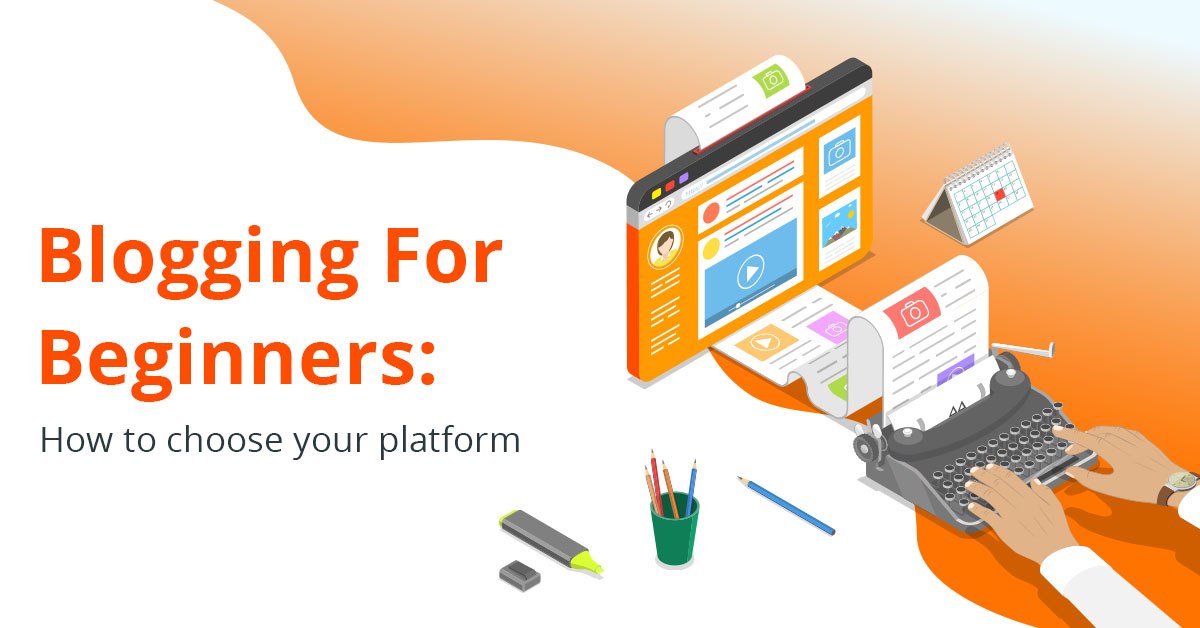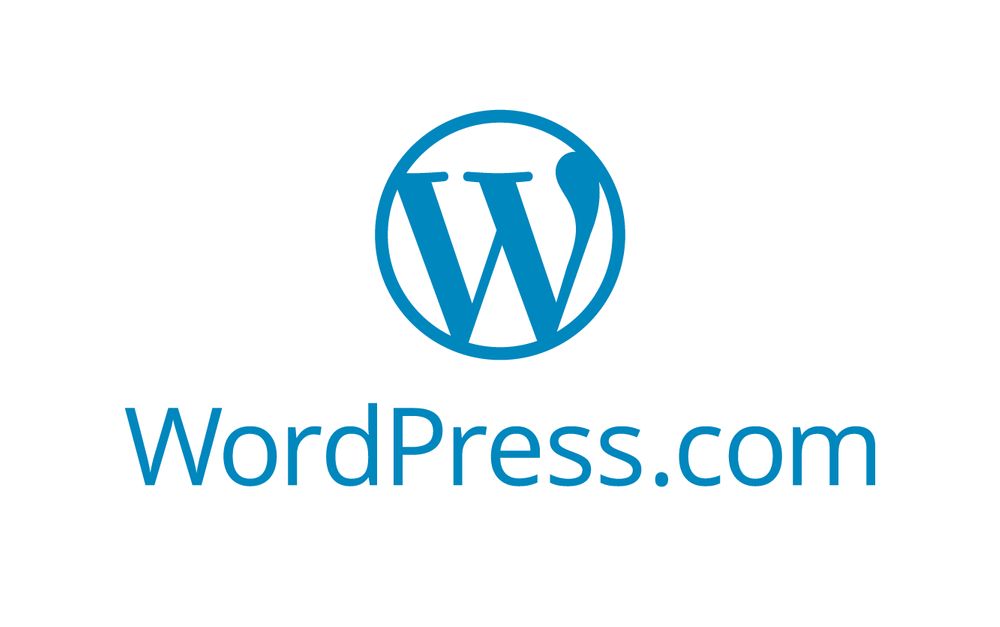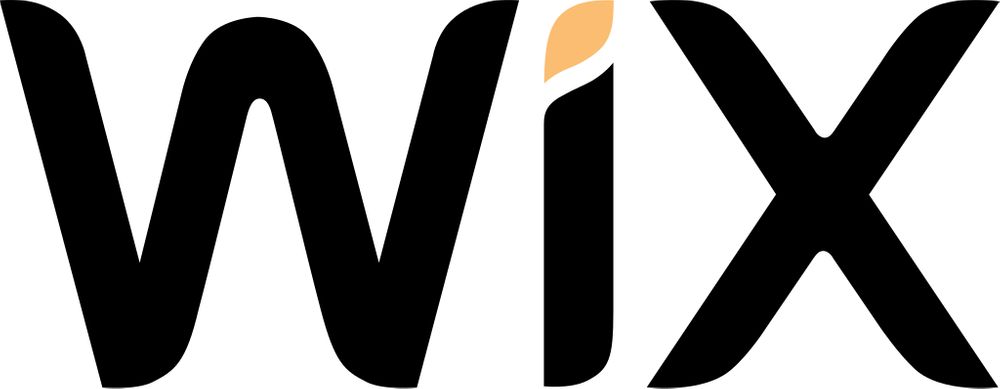16 Feb

Blogging is a quick and effective avenue to educate your readers and tell the world of your advocacies. Unfortunately, your blog won’t be the first online. In 2019 alone, over 500 million blogs were vying for attention online. And if you’re a neophyte in blogging, the platform your choose is crucial to make the journey seamless. Lucky for you, we listed the top platforms in this blogging for beginners article.
1. WordPress.com

Every blogger in the world has probably thought about starting their blogging journey on WordPress. But one mustn’t confuse WordPress.com with WordPress.org. WordPress.com is a basic hosting service for your blog.
Launched in 2005, WordPress has increased its users exponentially. It’s free of charge, and it’s perfect for beginner bloggers. If you don’t want to avail of the advanced options, you may still use the basic service. However, you have the option to add features such as additional storage, premium benefits, and a customized domain name.
Unfortunately, WordPress.com doesn’t offer versatility when it comes to themes and plugins. You also won’t have the freedom to display online ads on your blogs.
Benefits:
- No need for a set-up process
- It’s free if you’re satisfied with a domain with a wordpress.com extension
- Extremely easy to use
Price: The basic service is free. Upgrade to the Personal plan for $4 per month and get additional features and storage for $8 per month
2. WordPress.org

Unlike WordPress.com, WordPress.org is one of the most popular blogging platforms to date. It’s an open-source blogging channel that lets you build your site in minutes. To start a blogging website on this platform, bloggers would have to subscribe to a WordPress hosting service.
Compared to its counterpart that eliminates versatility in creating your website, WordPress.org is more flexible. This platform lets you have total control of your blogging website.
And because this platform allows you full control of your site, you also have to manage the security and backup. Plus, creating your website on WordPress.org means you’ll have to learn the ropes on how to manage it.
Benefits:
- Easily monetize your blog by adding features such as an online store, paid membership, forums, etc
- Gives you access to thousands of beautiful themes
- Gives you access to over 58,000 free plugins
- Lets you integrate SEO-related plugins that make your blog rank on search engines
Price: Pay for a domain name for $14.99 per year. Hosting starts at $7.99 per month
3. Wix

Launched in 2006, Wix has become one of the go-to blogging platforms, mostly if you’re blogging for beginners. This platform is easy to use with simple features. It aims to offer a website building platform that doesn’t require any coding skills.
Although Wix offers a myriad of benefits, it has some drawbacks as well. Once you choose your template, you won’t be able to change it later on. Also, third-party apps could be limited as well. But you may enjoy these benefits when using Wix for your blog.
Benefits:
- The drag-and-drop feature makes it easy for beginner bloggers
- Excellent platform for small businesses
- Set-up is easy
- Gives you access to beautiful templates
Price: Free. A custom domain costs $4.50 per month. Premium plans start at $8.50 per month up to $24.50 per month.
4. Squarespace

Squarespace powers over 2.6 million websites online. That goes to show how extremely popular Squarespace is when it comes to creating your blogging site. It’s another easy-to-use blogging platform that lets bloggers start their site from scratch without programming skills.
On top of your blogging site, Squarespace also lets you build your eCommerce store. Here are some benefits you’ll enjoy when using Squarespace.
Benefits:
- Has a drag-and-drop feature that makes it easy to create and manage your website
- Offers user-friendly content management system
- Integrates effective marketing tools that make your blog rank on search engines
- Perfect for bloggers who aren’t tech-savvy
- Access to 115 slick templates with a contemporary appeal
- Access to Unsplash’s royalty-free images
- Offers a separate domain name for your eCommerce stores with SSL and HTTPS
Price: Personal plan starts at $16 per month, Business plan starts at $26 per month, Ecommerce stores could range up to $40 per month
5. Gator

HostGator runs Gator. HostGator is a famous web hosting provider that offers many benefits for new bloggers, such as a free domain registration for a year, SSL certificate, money-back guarantee, and easy WordPress integration.
Gator is also another go-to platform in this blogging for beginners article. If you’re looking for a platform that’s also a one-stop-shop for hosting and blogging, then Gator is an excellent choice. The downside? You can only gain access to the eCommerce features in the higher plans.
Benefits:
- Option to add a blog to your current Gator website
- Drag-and-drop feature for website customization and management
- Quick and easy set-up
- HostGator handles security, backups, and performance
- SSL certificate is included
- Domain name is included
- Add an online store in a few clicks
Price: Starter plan costs $3.46 per month. But WPBeginner users can get a 55-percent off
6. Blogger

If you’re already using other Google channels, then using Blogger for your blog is a smart choice. It’s one of the oldest blogging platforms that was founded in 1999. Google then bought Blogger in 2003.
It’s also pretty easy using the Blogger platform. All you have to do is sign up for a Google account. Plus, all the features are easy to use and are perfect even for the tech-illiterate bloggers.
Benefits:
- There are no installation issues as Blogger is hosted by Google
- No need to worry about software updates
- Quick and easy set-up
- Easy to manage and use your website without coding skills
- Easily integrate and monetize with Adsense and Adwords
Price: The platform is free. However, you can buy a domain from a third-party provider.
Wrap Up
Getting your blog up and running all boils down to the blogging platform you choose. Blogging for beginners isn’t an easy feat. Many factors go into starting your blog. Creating your website, managing it, and thinking of blog ideas every day to satisfy your audience. But once you get started and have a blogging calendar in place, you’ll get the hang of it. Who knows, your blog might go neck and neck with other blogs in your niche.
Leave a Comment
You must be logged in to post a comment.










